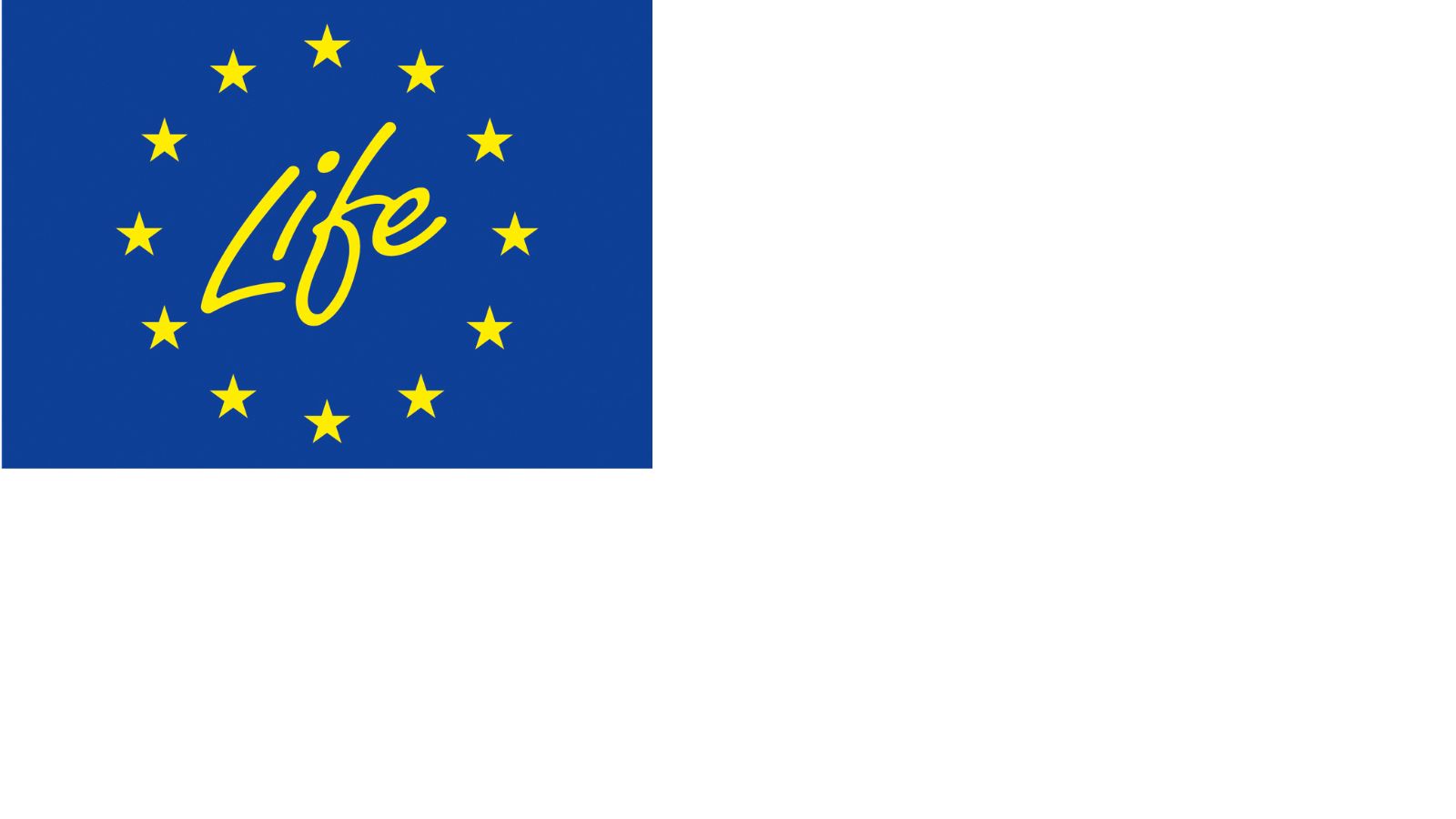Polyphenols recovery from olive oil and wine industries waste
Polyphenols recovery from olive oil and wine industries waste
In some Mediterranean countries, olive oil production is one of the most important industrial activities and has increased considerably in recent years. In the olive oil and wine production processes, different wastes are generated which, contain a high concentration of polyphenols, antioxidant compounds of great interest for their nutritional and technological properties.
LIFE CYCLOPS offers a circular economy and zero waste model to take advantage of these leftovers and turn them into high value-added products for other industries.
LIFE CYCLOPS aims to technically and economically demonstrate a sustainable technology to recover and valorize polyphenols from olive oil and wine industry waste, fostering a circular economy and zero waste model.
In addition, the project will not only focus on polyphenols, but also on the integrated management of olive oil industry waste. Beyond the reuse of these by-products, the aim will be to produce biogas and digestate, a residual material generated from anaerobic digestion, for use as compost in agriculture. The transferability of the LIFE CYCLOPS solution to the wine industry will also be carried out.
The LIFE CYCLOPS solution will be validated on a pilot scale at the facilities of Borges Agricultural & Industrial Edible Oils (BAIEO). With the application of the technology on a large scale, it will be possible to treat 100% of the alperujo generated at BAIEO’s oil mill facilities in Cabra, Córdoba, in order to revalue the by-products generated during the extraction of olive oil. The pilot plant will then be transferred to Unió Origen, a wine industry cooperative.
LIFE CYCLOPS is a European project co-funded by the LIFE Programme (LIFE21 ENV/ES/ CYCLOPS 101074544), the European Union’s funding instrument for the environment and climate action. This website reflects only the author’s view. The European Comission is not responsible for any use that may be made of the information it contains.

